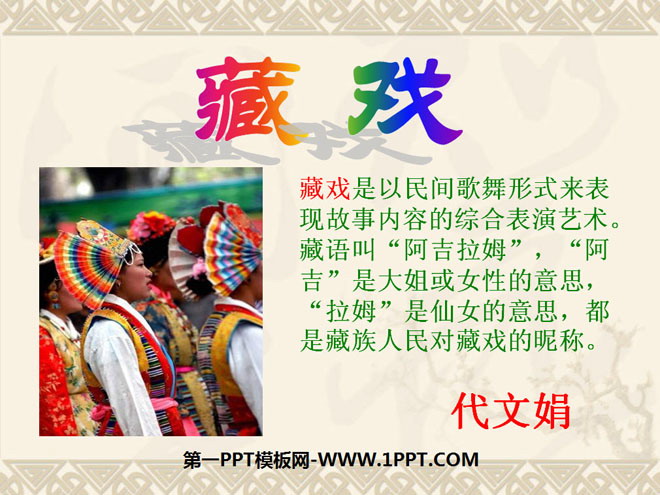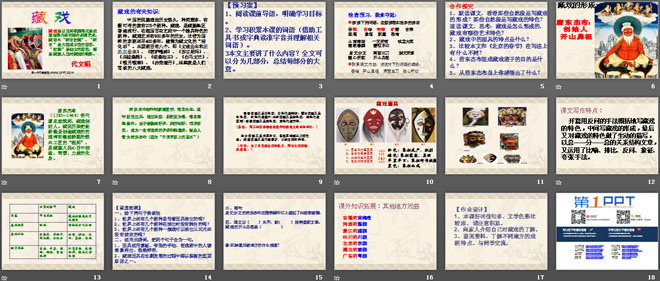The second volume of first-grade Chinese compiled by the People's Education Publishing House
The second volume of fifth-grade Chinese compiled by the People's Education Publishing House
The first volume of Chinese language for eighth grade compiled by the People's Education Publishing House
The first volume of first-grade Chinese compiled by the People's Education Publishing House
The first volume of ninth-grade Chinese compiled by the People's Education Publishing House
The first volume of fourth-grade Chinese compiled by the People's Education Publishing House
The first volume of Chinese language for sixth grade compiled by the People's Education Publishing House
The second volume of Chinese language for eighth grade compiled by the People's Education Publishing House
The first volume of Chinese language for fifth grade compiled by the People's Education Publishing House
The first volume of second-grade Chinese compiled by the People's Education Publishing House
Hunan Education Edition Third Grade Chinese Language Volume 1
The second volume of fourth-grade Chinese compiled by the People's Education Publishing House
The first volume of third-grade Chinese compiled by the People's Education Publishing House
The second volume of second-grade Chinese compiled by the People's Education Publishing House
The second volume of Chinese language for sixth grade compiled by the People's Education Publishing House
The second volume of seventh-grade Chinese compiled by the People's Education Publishing House

| Category | Format | Size |
|---|---|---|
| Lu Jiao edition fifth grade Chinese language volume 2 | pptx | 6 MB |
Description
"Tibetan Opera" PPT courseware 5
Relevant knowledge about Tibetan opera:
China's national operas have a long history and are of various types. There are 275 types of operas with documented evidence. Tibetan opera is widely popular in Tibetan areas and a unique type of opera in the Baihua Art Garden of the motherland. The art of Tibetan opera has a history of more than 600 years, more than 400 years earlier than Peking Opera, which is known as the quintessence of China. It is called the "living fossil" of Tibetan culture. There are eight main plays, namely "Princess Wencheng and the Princess of Nepal", "Langsa Wei Clam", "Suji Nyima", "Zhuowa Sangmu", "King Nosang Dharma", "White Horse Wenba", "Dun" "Yue Dunzhu" and "Red Beauty Gun Dan", these are what people often call the eight major Tibetan operas.
【Preview plan】
1. Read the introduction before class and clarify the learning objectives.
2. Learn and accumulate the words in this lesson (use reference books or dictionaries to read the pronunciation and understand related words).
3. What is the main content of this article? The full text can be divided into several parts, and the main idea of each part is summarized.
Check the preview, I will win:
Read the following words, paying attention to the pronunciation of the red words:
Swallow Legend Roar Wilderness Auspicious
Submissiveness symbolizes demonic horror
Shannan Qiongjie has nothing and the whole room bursts into laughter
Being able to sing and dance is amazing
Penniless, double-dealing, nothing to ask for
Do whatever you want, the originator
In connection with the text content, talk about your understanding of the following words:
Swallow, the originator, double-dealing, do whatever you want
collaborative inquiry
1. Read the text silently and see which natural passages are the formation of Tibetan opera? Are those natural sections a characteristic of Tibetan opera? Read the text quickly and think: How was Tibetan opera formed? What are the artistic characteristics of Tibetan opera?
2. What are the characteristics of masks in Tibetan opera?
3. What are the differences in writing between this article and "Spring Festival in Beijing"?
4. What is the purpose of Tang Dongjiebu forming a Tibetan opera troupe?
5. What did you learn from Tangdong Jebu?
Characteristics of text writing:
The beginning of the chapter summarizes the characteristics of Tibetan opera using rhetorical questions, the middle describes the formation of Tibetan opera, and finally gives a vivid description of the characteristics of Tibetan opera. The article is structured in the relationship of total-part-general, and uses metaphors, parallelism, and Rhetorical questions, symbolism, exaggeration.
【Classroom Test】
1. Change the following sentences
1. How many operas in the world are performed with masks?
2. How many types of operas in the world are performed without a stage?
3. How many opera types in the world can a play last three to five days and not end?
2. Use correlative words to combine the two sentences into one sentence.
1. Masks use symbols and exaggeration techniques to make the characters in the drama stand out and have distinct personalities.
2. One of the important reasons why Tibetan opera masks have been preserved in the long-term development process.
【Job Design】
1. There are many good words and sentences in this lesson, and it has a strong literary flavor. Please pay attention to accumulating them.
2. Introduce your knowledge of Tibetan opera to your family.
3. Check the information, understand the characteristics of drama in different places, and communicate with classmates.
Keywords: Tibetan opera teaching courseware, Lujiao version fifth grade Chinese PPT courseware download, fifth grade Chinese slide courseware download, Tibetan opera PPT courseware download, .PPT format;
For more information about the "Tibetan Opera" PPT courseware, please click on the "Tibetan Opera ppt" tab.
"Tibetan Opera" PPT courseware 7:
"Tibetan Opera" PPT courseware 7 Read and write 1. Countless cowhide boats were overturned in the rapids like wild horses running wild ( ), and many people who tried to cross the river were swallowed by the roaring river ( ) . 2. The mask of the witch ( ) is half black and half white, symbolizing her duplicitous nature..
"Tibetan Opera" PPT courseware 6:
"Tibetan Opera" PPT Courseware 6 Tibetans have a population of approximately 5,416,021 (2000 census data), mainly distributed in the Tibet Autonomous Region and neighboring provinces such as Qinghai, Gansu, Sichuan, and Yunnan. Tibetan opera is a comprehensive performing art that expresses story content in the form of folk songs and dances. Tibetan..
"Tibetan Opera" PPT courseware 4:
"Tibetan Opera" PPT courseware 4 Teaching objectives 1. Read and remember words such as legend, roar, wilderness, auspicious, submissive, symbol, monster, terror, nothing, laughing, singing and dancing, admiring, penniless, duplicitous, asking for nothing, doing whatever you want, etc. .
File Info
Update Time: 2024-11-18
This template belongs to Chinese courseware Lu Jiao edition fifth grade Chinese language volume 2 industry PPT template
"Tibetan Opera" PPT courseware 5 Simple campus recruitment activity planning plan summary enterprise and institution recruitment publicity lecture PPT template is a general PPT template for business post competition provided by the manuscript PPT, simple campus recruitment activity planning plan summary enterprise and institution recruitment promotion Lecture PPT template, you can edit and modify the text and pictures in the source file by downloading the source file. If you want more exquisite business PPT templates, you can come to grid resource. Doug resource PPT, massive PPT template slide material download, we only make high-quality PPT templates!
Tips: If you open the template and feel that it is not suitable for all your needs, you can search for related content "Tibetan Opera" PPT courseware 5 is enough.
How to use the Windows system template
Directly decompress the file and use it with office or wps
How to use the Mac system template
Directly decompress the file and use it Office or wps can be used
Related reading
For more detailed PPT-related tutorials and font tutorials, you can view: Click to see
How to create a high-quality technological sense PPT? 4 ways to share the bottom of the box
Notice
Do not download in WeChat, Zhihu, QQ, built-in browsers, please use mobile browsers to download! If you are a mobile phone user, please download it on your computer!
1. The manuscript PPT is only for study and reference, please delete it 24 hours after downloading.
2. If the resource involves your legitimate rights and interests, delete it immediately.
3. Contact information: service@daogebangong.com
"Tibetan Opera" PPT courseware 5, due to usage restrictions, it is only for personal study and reference use. For commercial use, please go to the relevant official website for authorization.
(Personal non-commercial use refers to the use of this font to complete the display of personal works, including but not limited to the design of personal papers, resumes, etc.)
Preview











